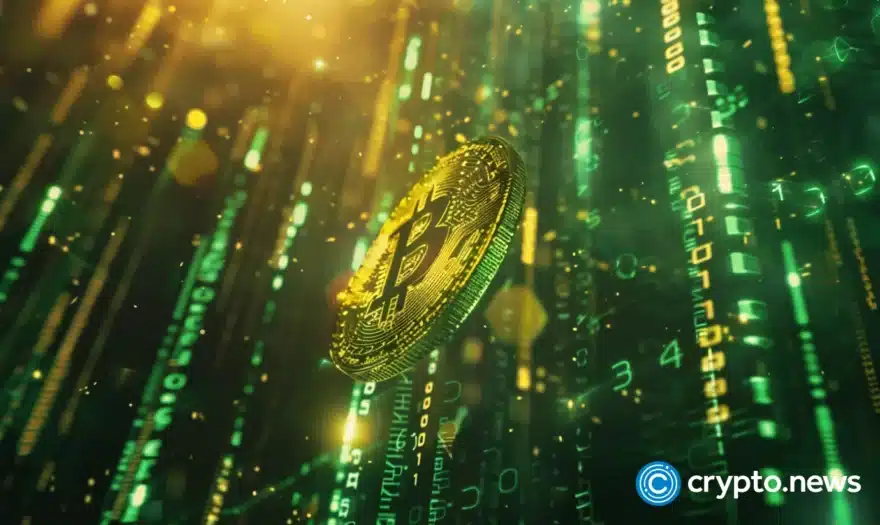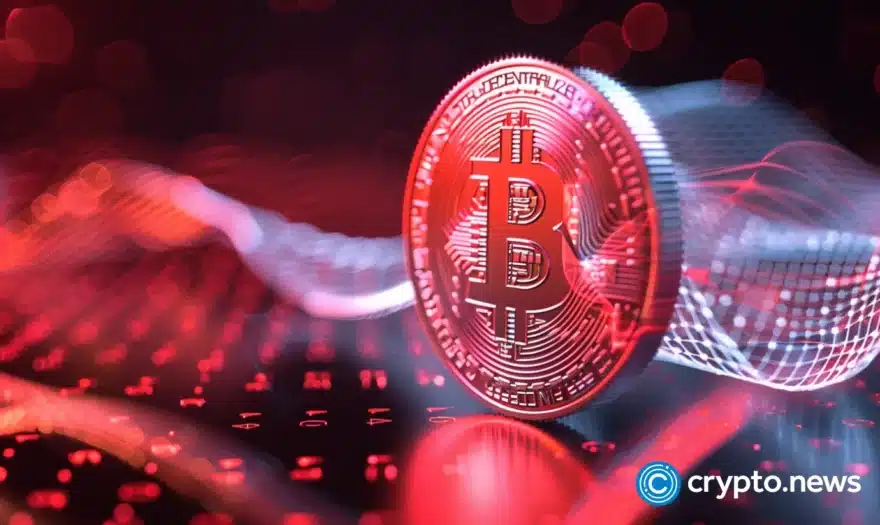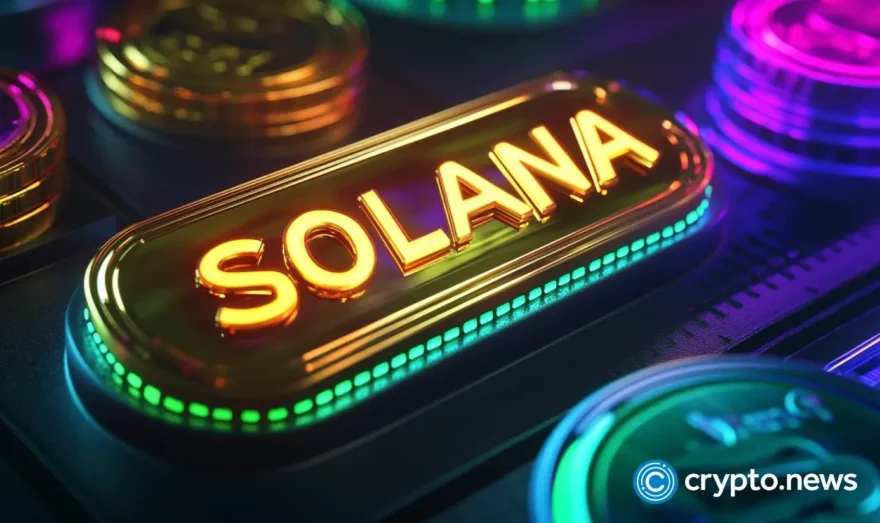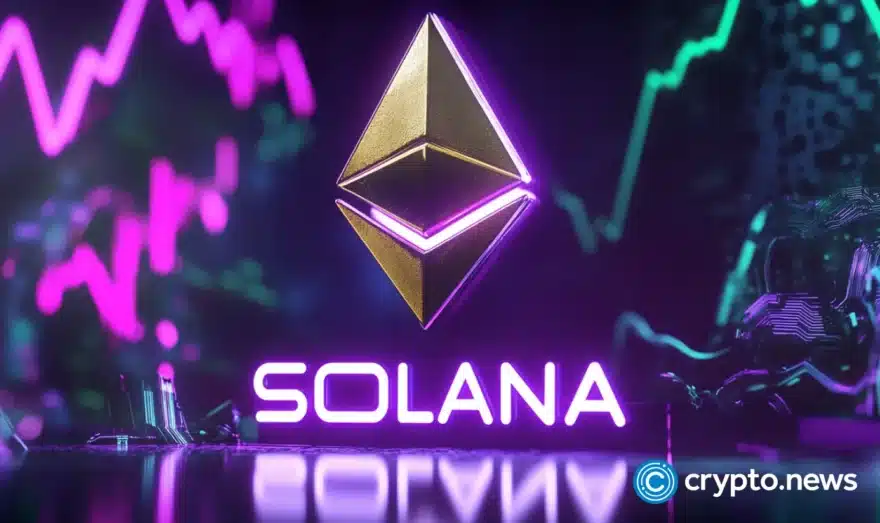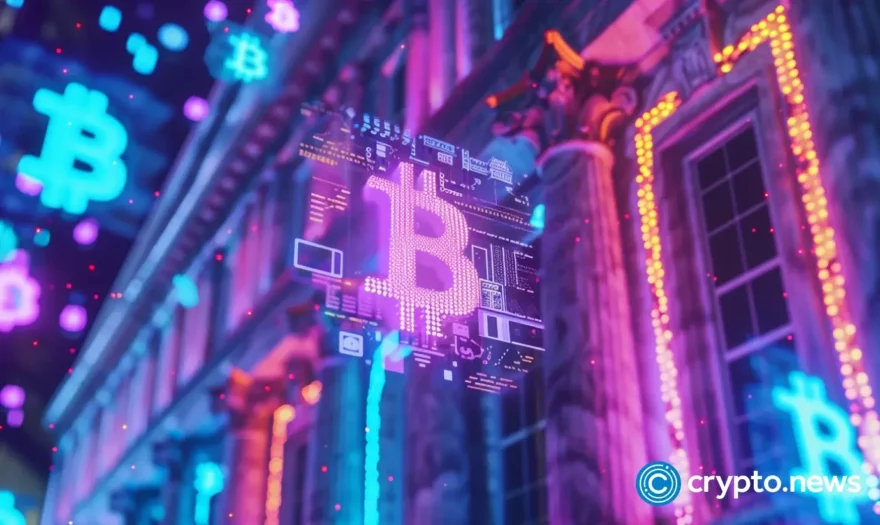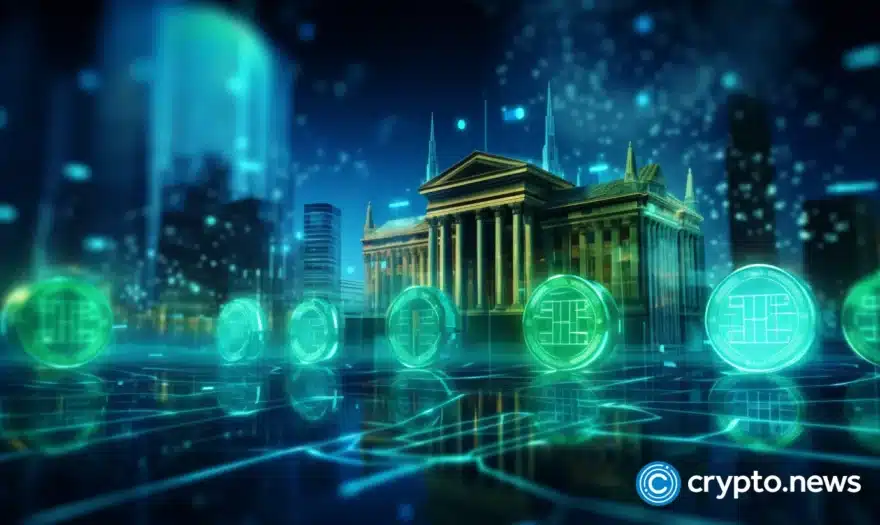Role of decentralization in ensuring security
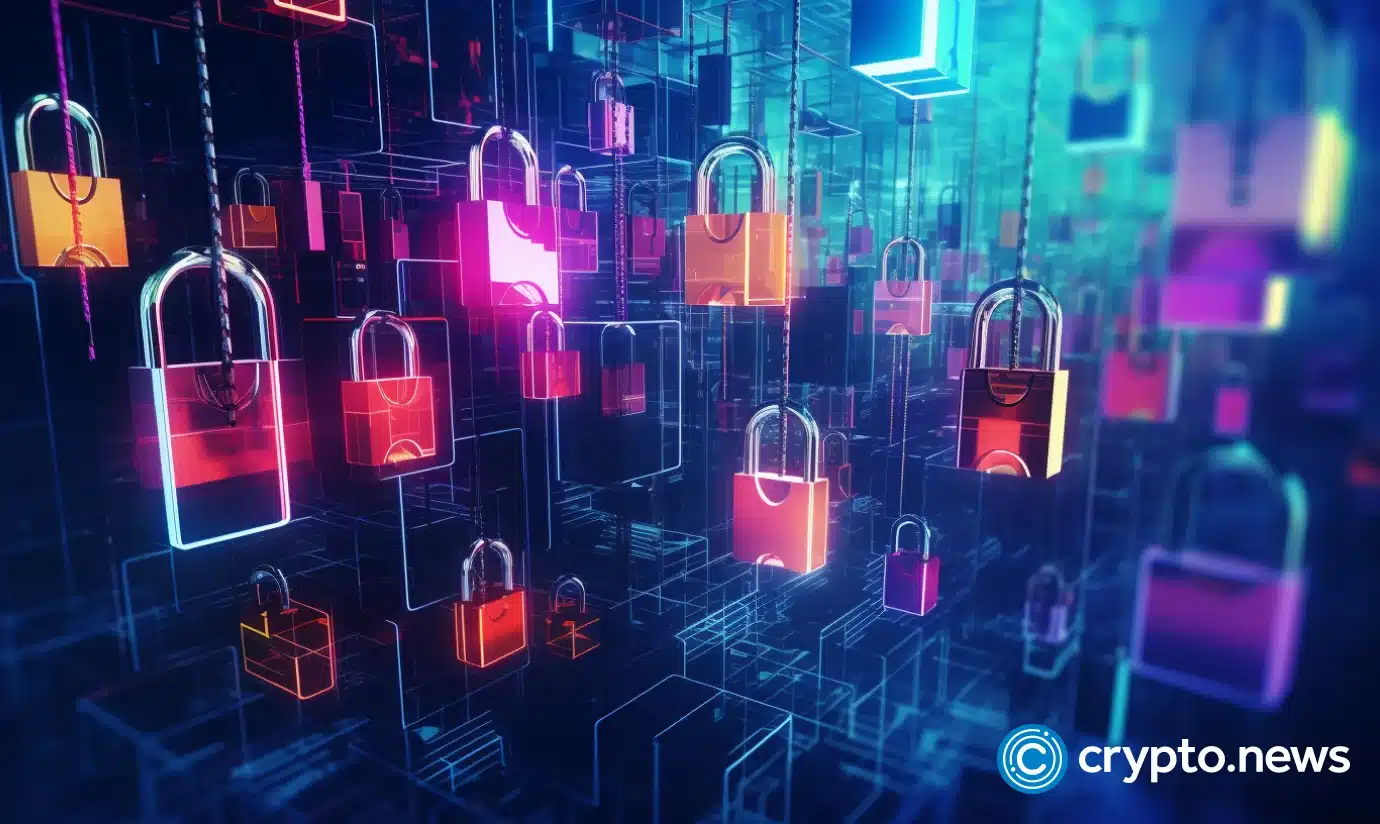
The conventional financial system has several drawbacks owing to its over-centralization. The ongoing economic crisis can largely be attributed to the exploitation and weaknesses of centralized financial institutions. In this discussion, we will focus on the primary issues arising from the financial system’s centralized nature.
Vulnerabilities of centralized financial systems
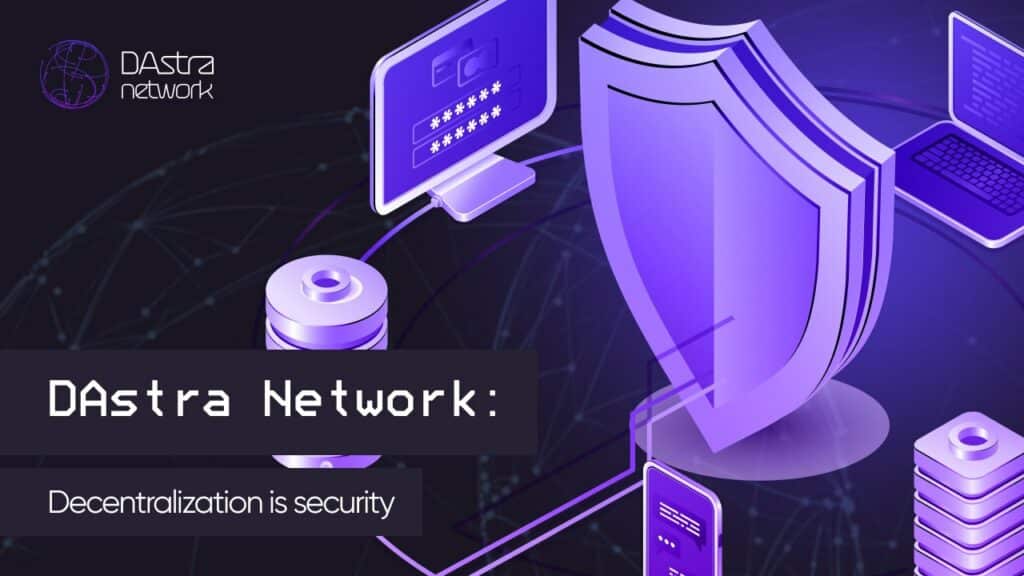
Before discussing centralized systems’ vulnerabilities, we should immediately make a disclaimer: centralization is not evil in itself.
Centralized services usually offer storage of funds on custodial platforms, which means the ability to recover a password if it is lost.
In addition, centralization makes it easier to combat fraud and allows for a more user-friendly interface and customer support.
However, there are several vulnerabilities specific to centralized systems:
- Limited access: Centralized financial services are usually provided only to certain users (for example, citizens of certain countries or only qualified investors) and exclude others. This may limit access to certain services and products and make them less affordable for some.
- Lack of privacy: When users use a centralized financial service, their personal data and financial information may be available to the organization operating the service. This may pose a threat to the privacy and security of this data.
- Dependence on regulators: centralized financial institutions are more dependent on the influence of regulators. For example, this may lead to your account being blocked for political reasons.
- Increased vulnerability to cyber attacks: Centralized financial services are more vulnerable to cyber-attacks because they are controlled from a single center. Let’s consider the following example to illustrate this point. In centralized services, access to a common admin password gives the user full control over the system. If an attacker gains access to this password, he can gain unrestricted access to all data and functionality of the system. Having gained access to a common password, an attacker can use it to gain unauthorized access to all related services and devices.
- One-way control: In centralized financial services, decisions are made by a single organization or company, which may limit the ability of users to influence decisions or change the terms of service use.
- Lack of transparency: Centralized financial systems often lack transparency, making it difficult for investors to assess risks accurately. Lack of transparency can lead to mispricing of assets and creating bubbles that may eventually burst.
- The need for trust: finally, in custodial services, you de facto hold the funds in your account. If the custodial service turns out to be fraudulent, you will then have a challenging time getting your money back, if possible.
Benefits of decentralized financial services
Decentralized financial services (defi) represent a new but proven paradigm in the financial system based on blockchain technology and smart contracts.
Crowdfunding, launchpads, decentralized crypto exchanges – all of this is widely used in the crypto community.
It is part of the web3 paradigm, which prioritizes the ability of users to control their data and funds. Let’s consider the key advantages of decentralized systems in terms of security:
- Resilience to cyberattacks: centralized financial services are susceptible to hacking or fraud. However, in defi, information and funds are distributed throughout the blockchain network, making it more resistant to centralized attacks. Every transaction and transaction is recorded on the blockchain and is public and auditable.
- Autonomous smart contracts: defi operates based on smart contracts, software code that fulfills conditions defined by its creator. Smart contracts are autonomous and cannot be changed without the consent of all network participants. This significantly reduces the risks of fraud and third-party interference. If someone intentionally leaves an error in the smart contract code or a backdoor, it can become a problem. However, the code of smart contracts is often public, making it a solvable issue.
- Transparency: in defi, all operations and transactions are recorded on the blockchain and are public. This means that each network participant can check the transactions’ history and ensure they are correct and legal. Through the use of cryptography and the distributed nature of the blockchain, DeFi provides a high degree of security for data and funds.
- No intermediaries: in defi, there is no need for centralized intermediaries such as banks or payment processors. This allows network participants to exchange funds directly, bypassing additional fees and restrictions imposed by intermediaries. This also reduces the risks associated with possible problems with centralized systems, such as failures or delays.
- Global accessibility: decentralized financial services are available to everyone, regardless of location or status. This is especially important for people who need access to traditional banking services or are in countries with inadequate financial infrastructure. Defi allows them to access financial services such as launchpads, loans, insurance, or investments over the internet.
What does the Dastra network offer?
Dastra Network’s Launchpad and Token Constructor is a decentralized investment platform that offers a secure way to attract investments and protect investor capital by utilizing smart contracts.
The web3 project offers users a heightened level of security. Its smart contracts guarantee sales and property rights purchases to a company share. The investment platform does not have access to attracted investments, nor does it manage them, ensuring that investors have complete control over their assets and personal information.
The Dastra Network strategy is determined by a decentralized autonomous organization (DAO). To become a DAO participant, you only need to hold at least 10,000 DAN, the protocol’s native token.
This means that the community has a say in the platform’s development, and decisions are made decentralized. Furthermore, DAO participants not only take part in the management of Dastra but also have the opportunity to earn up to two percent of the investments they attract to the project.
Dastra Network’s Launchpad and Token Constructor offer decentralization and security. The project can be explored as an alternative to traditional investment platforms.
Our site: https://dastra.network/
Twitter: https://twitter.com/DAstra_network?t=lnrLuVW7zW_kNus3zg2nxg&s=09
Main Telegram channel: https://t.me/dastra_international
Telegram chat: https://t.me/dastranetworkint
Disclosure: This content is provided by a third party. crypto.news does not endorse any product mentioned on this page. Users must do their own research before taking any actions related to the company.
